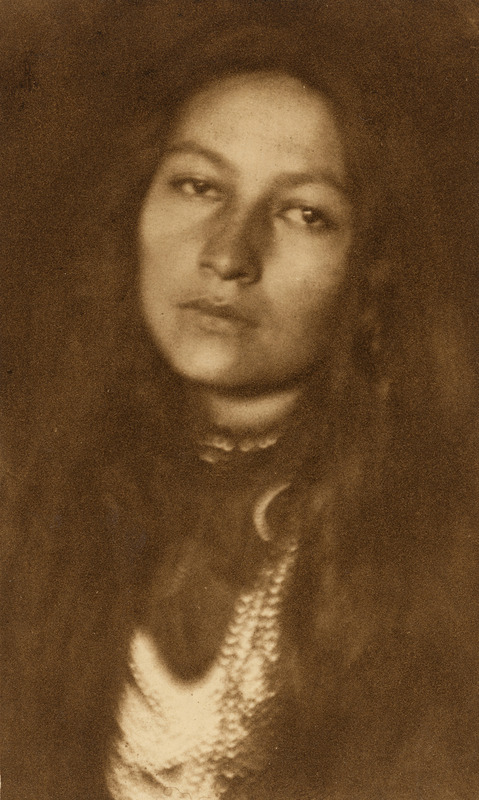Zitkala-Sa (1876-1938)
Zitkala-Ša (“Red Bird”) was born on the Yankton Indian Reservation in South Dakota on February 22, 1876. A member of the Yankton Dakota Sioux, she was raised by her mother after her father abandoned the family.
After the 19th Amendment was ratified on Aug. 18, 1920, and celebrated by millions of women across the country, Zitkala-Sa, a citizen of the Yankton Sioux Tribe, reminded newly enfranchised white women that the fight was far from over. “The Indian woman rejoices with you,” she proclaimed to members of Alice Paul’s National Woman’s Party, but she urged them to remember their Native sisters, many of whom lacked the right to vote. Not only that, she explained, many were not United States citizens, but legally wards of the government, without a political voice to address the many problems facing their communities.
Native suffragists’ activism contributed to Congress passing the Snyder Act of 1924, which extended U.S. citizenship to all Native people, though in response many states enacted Jim Crow-like policies aimed at disenfranchising them. The Native suffragists also aided the push for the Wheeler-Howard Act of 1934, which stopped the breakup of tribal lands and emphasized tribal self-governance.
Source: New York Times, https://www.nytimes.com/2020/07/31/style/19th-amendment-native-womens-suffrage.html
